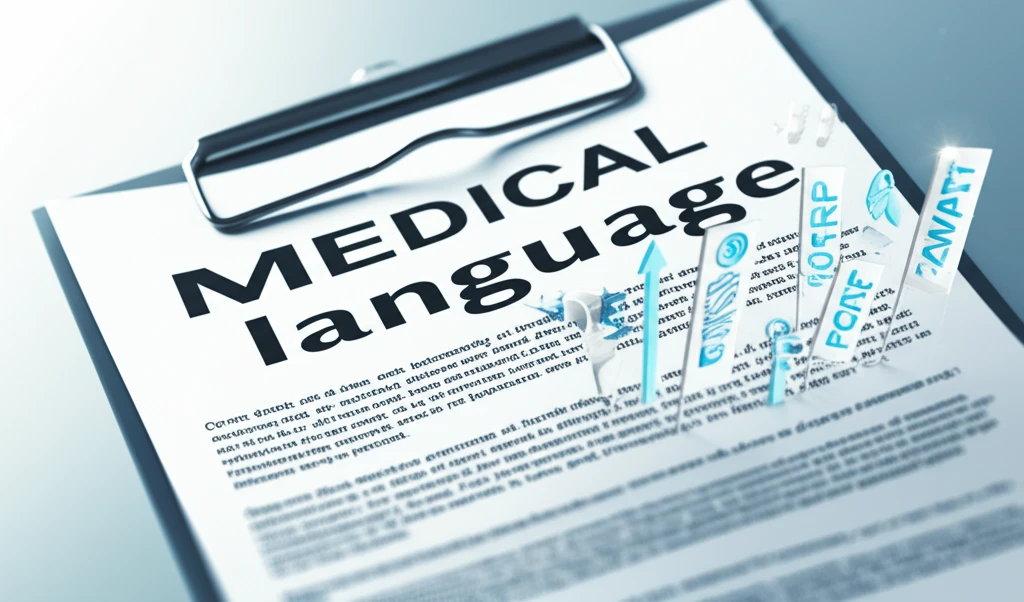
Decoding Doctor Speak: How "Was hab' ich?" is Revolutionizing Patient Understanding
"Empowering patients through plain language: The story of Ansgar Jonietz and his quest to make medical information accessible to all."
Imagine receiving a medical report filled with unfamiliar terms and complex data. For many, this is a reality, leading to confusion, anxiety, and a feeling of disconnect from their own health. Understanding medical information is crucial for informed decision-making and effective self-care, yet the language barrier between doctors and patients often hinders this process.
Enter "Was hab' ich?" (What do I have?), an innovative German initiative founded by Ansgar Jonietz that's revolutionizing how patients understand their medical conditions. This organization bridges the communication gap by translating complex medical reports into plain, accessible language, empowering individuals to take control of their health journey.
Jonietz, recognized as "Manager of the Year 2016" in Germany for his work, leads a team of volunteer medical students and doctors who dedicate their time to translating medical documents. Their efforts not only benefit patients but also enhance the communication skills of future medical professionals.
Breaking Down the Language Barrier: How "Was hab' ich?" Works

"Was hab' ich?" operates on a simple yet powerful principle: medical reports are often dense and filled with jargon that's difficult for the average person to decipher. This can lead to misunderstandings, missed opportunities for proactive health management, and a sense of alienation from the healthcare process. The organization steps in to provide clear, concise translations that patients can easily grasp.
- Empowering Patients: By providing accessible information, "Was hab' ich?" empowers patients to actively participate in their healthcare decisions.
- Improving Communication: Clearer understanding fosters better communication between patients and doctors, leading to more effective treatment plans.
- Reducing Anxiety: Demystifying medical jargon reduces anxiety and empowers patients to feel more in control of their health.
- Promoting Health Literacy: The initiative promotes health literacy, enabling individuals to better understand and manage their own health.
"Was hab' ich?" : A Model for Change
The success of "Was hab' ich?" demonstrates the power of simple, accessible communication in healthcare. By breaking down the language barrier and empowering patients with knowledge, this organization is transforming the way people understand and manage their health. "Was hab' ich?" serves as a model for similar initiatives around the world, highlighting the importance of patient-centered communication and health literacy. As healthcare continues to evolve, the lessons learned from "Was hab' ich?" will be invaluable in creating a more equitable and effective system for all.
